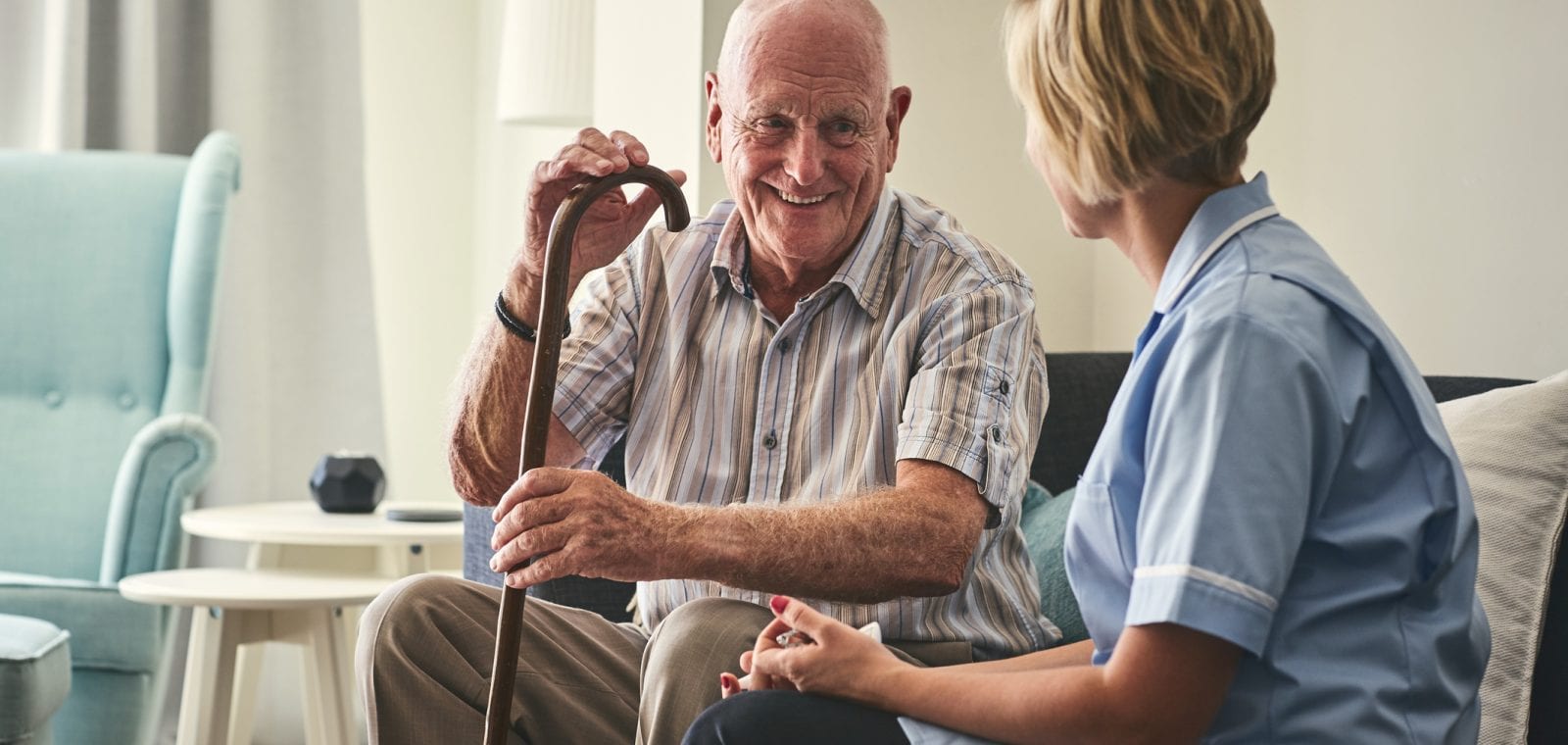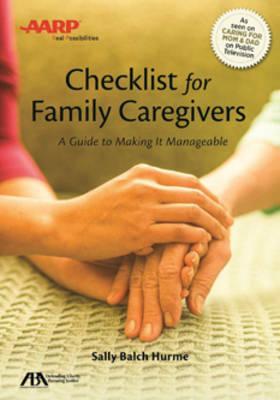
There are many roles within the NHS support services. These roles range from Advocacy to Respite care. The support service workforce has the chance to grow and can even obtain additional qualifications. There are several pathways to promotion within NHS. Here are some examples. Each of these roles offers a great deal of opportunity for advancement. Read on to learn more about these positions. The following are the benefits you can count on if working in this industry.
Helplines
The NHS has launched new helplines in the UK for mental health. These lines will eventually be linked to NHS 111. This three-digit national number, which is easy to remember, will allow callers speak to a mental-health professional who can refer them for a face-to–face or video consultation service. The goal is to make these helplines accessible to more people in the country. These services are now open to all - patients, professionals, and general public - who need to speak to a qualified mental health professional.
Advocacy
NHS advocacy is available to help you in difficult situations. These independent services can assist you in making complaints about NHS-funded services. If you'd like to make a complaint, you can call the support services and ask for a referral form. You can also contact the advocates for assistance with complaints. The following article provides more information on the services provided.

Respite care
While it may seem like a hassle to hire someone to take care of your loved one, there are plenty of NHS support services that offer respite care. These services offer relief for the caregiver, as well as a change of pace for the patient. These services can be temporary and are offered for as little as a few hours or overnight. You can get the best respite services by getting to know your loved ones needs and finding a qualified care professional to assist. The interview should begin with a telephone interview and then move to an in-person interview.
Medicines
There are several ways to find out whether someone needs assistance taking their medication. The first step is to speak to the usual pharmacy or healthcare professional who prescribes their medicines. You can then gather information from the local community, such as incident report on adults who are receiving social services in the area. Then, make sure to document this information in their care plans. They can then see what kind of support is needed and select the best option.
After-hours care
There are many NHS support services available for patients who require immediate care, even if their GP surgery is closed. These services can be accessed via phone or the NHS24 freephone 111. Out-of–hours care services can be a great option for patients who are unable or unwilling to wait until the next day to see their doctor. They also provide home visits. Most patients will be able to benefit from routine visits with a general practitioner.
Assessments of Carers
Carer assessments help to understand the impact that caring for a loved-one has on your life. They also identify the support you may require to get through this role. These assessments can help you improve your mental health and make better decisions about your caring role. Your assessment will allow you to determine how caring for your loved one affects your work life and personal life, regardless of whether they are in dire need of a break.

Reporting abuse
Healthcare professionals are able to recognize the signs of domestic abuse and refer victims to specialists. Many hospitals and GPs have created their own IDVAs in order to assist with this. SafeLives, a domestic abuse charity, says that health settings encourage more disclosures. These settings are more attractive to women, who are more likely than others to report abuse. The NHS can provide a first line of defense for victims.